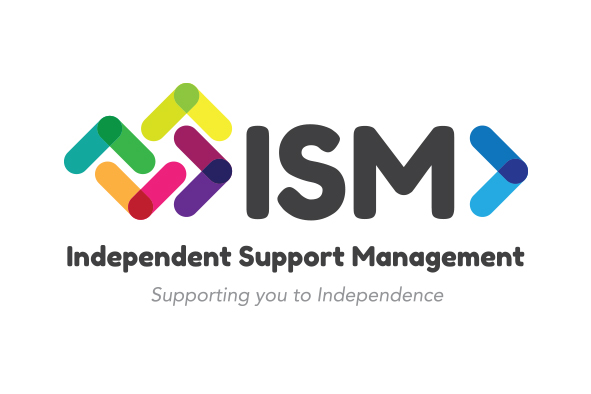📜 NDIS Provider Responsibilities for Invoicing and Compliance: What You Need to Know
Welcome to ISM's Knowledge Hub! 👋
Today, we're diving into the essential responsibilities NDIS providers have regarding invoicing, record-keeping, and compliance. As a provider, staying on top of these requirements isn’t just about following guidelines—it’s crucial for ensuring smooth transactions, compliance, and supporting participants effectively. Here’s everything you need to know to keep your invoicing on point and align with NDIS standards.
🧾 NDIS Provider Invoice Essentials: Getting It Right
When you submit an invoice to claim funds from a participant's plan, it must meet specific criteria to ensure compliance and prompt payment. Here’s a breakdown of what your invoices need:
Provider Information: Include your business name and ABN (Australian Business Number).
Participant Details: Clearly state the participant's name and unique NDIS number.
Support Item Numbers: Each support item should align with those listed in the NDIS Support Catalogue.
Service Delivery Dates: Specify the dates for each support provided.
Amount and Quantity Claimed: List the amount charged and quantity delivered for each support item.
Total Invoice Amount: Show the grand total for the invoice.
GST Component: Most NDIS supports are GST-free, but if applicable, clearly show any GST amount.
Having these elements ensures your invoices are complete and ready for quick processing by the ISM.
📌 Claim Accuracy and Timing: Key Provider Responsibilities
Accurate claims benefit both providers and participants by keeping the process transparent and efficient. Here’s what to keep in mind:
Truthful, Complete Claims: Always ensure that claims reflect services actually delivered.
Claim After Delivery: Submit claims only after providing the support, not before.
Stay Within Price Limits: Charges should align with the NDIS Price Guide to avoid rejections or issues.
Claim Within 90 Days: Submit claims no later than 90 days after the support was provided. Timely claims prevent delays and help with steady cash flow.
Keeping these aspects in check not only speeds up your claims but also contributes to a compliant provider profile.
📜 Legal and Documentation Requirements: Staying Compliant
As an NDIS provider, you’re also subject to a range of legal obligations. Here’s how to stay compliant:
Australian Consumer Law Compliance: Ensure transparency and fair dealings with participants.
Declare Prices Upfront: Inform participants of service costs before delivering supports.
Provide Receipts: Issue receipts after each service to maintain a clear record of supports delivered.
In addition, accurate documentation is crucial. Make sure to keep records that detail:
Service Dates: Dates when services were provided.
Support Quantities: Total quantity of support delivered.
Support Types and Location: Include the nature of the support and where it was provided.
Proper documentation is not only essential for your records but also for meeting NDIS audit standards.
📝 Key Points to Remember About Invoicing and Claims
To further simplify the process and avoid issues:
One Participant Per Invoice: Each invoice should be for one participant, though it can list multiple supports.
Alignment with Plan and Budget: Ensure all claims match the participant’s NDIS plan and budget allocations.
Provider's Responsibility for Record-Keeping: It’s your duty to maintain accurate and accessible records to support your claims.
🚨 Non-Compliance Consequences: Why Accuracy Matters
Failing to adhere to these guidelines can lead to serious consequences, including:
Payment Delays or Rejections: Errors in claims can cause unnecessary delays.
Compliance Reviews: The NDIS may audit your records if there are concerns.
Repayment of Funds: If overpayments occur due to non-compliance, you may be required to return funds.
Legal Consequences: For serious breaches, there can be legal ramifications, potentially impacting your business operations.
By keeping your processes in line with NDIS requirements, you can avoid these risks and maintain a smooth relationship with the NDIS.
Key Takeaways
Invoices must include all required details—provider information, participant details, support items, and the total amount.
Claims should be truthful, submitted after service delivery, within price limits, and made within 90 days.
Record-Keeping is essential for NDIS compliance and should be accurate and up-to-date.
Non-compliance can lead to delays, audits, repayment obligations, and even legal issues.
We hope this guide helps clarify your invoicing and compliance responsibilities under the NDIS! Accurate, compliant invoicing not only ensures smoother payments but also strengthens trust with participants. If you have questions or need further support, reach out to the friendly ISM team—we’re here to help you succeed in your role as an NDIS provider. 😊
